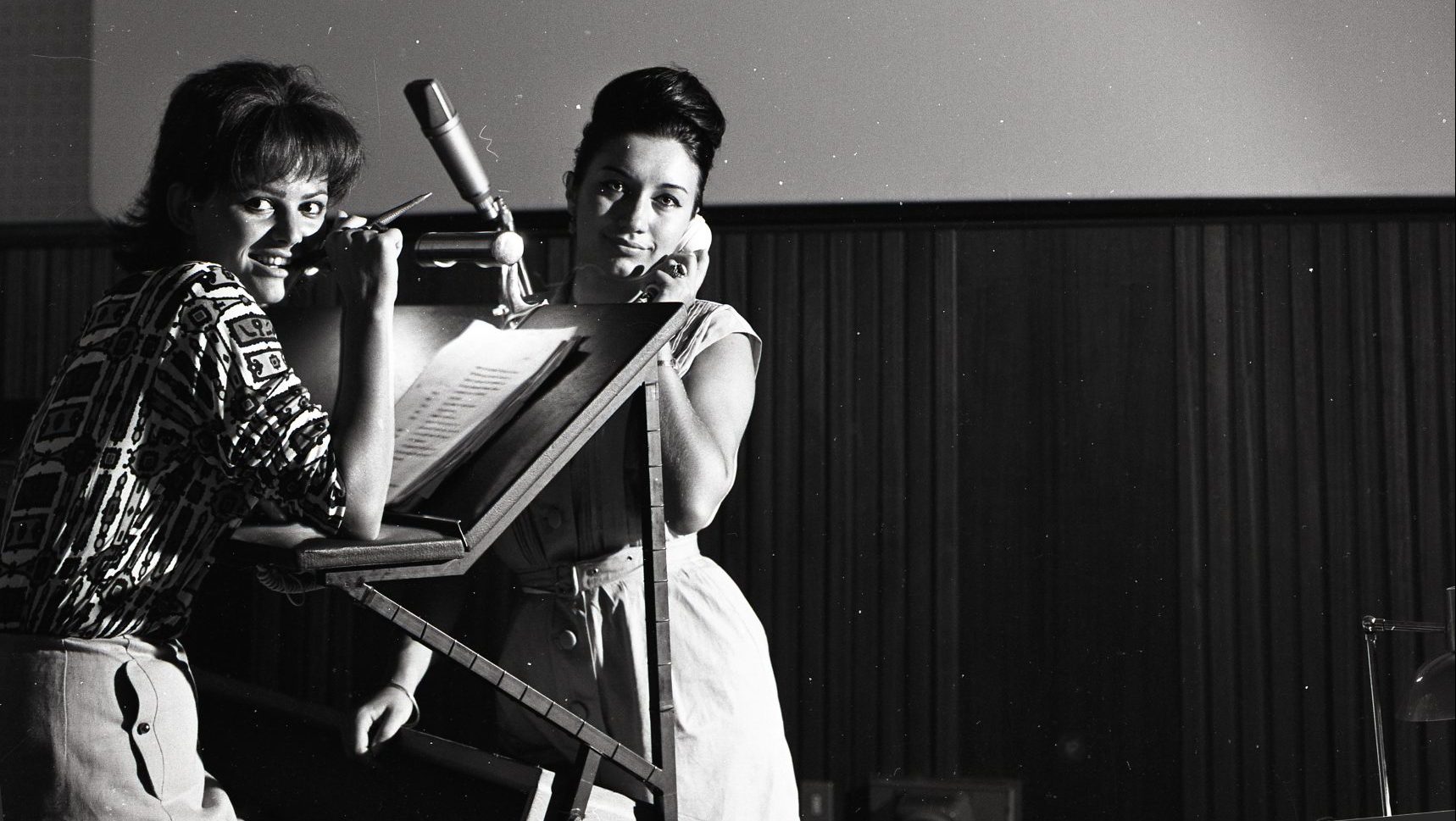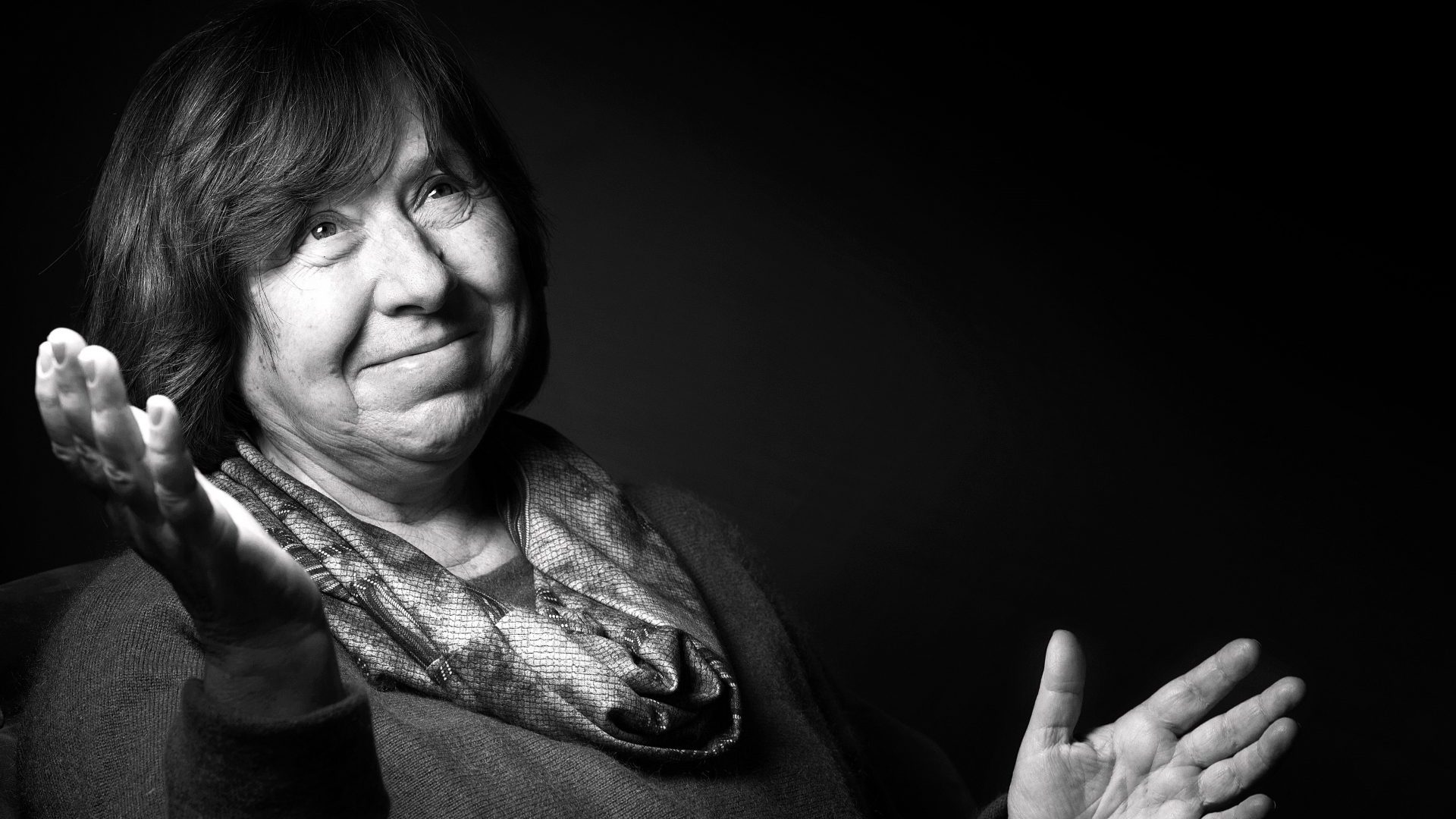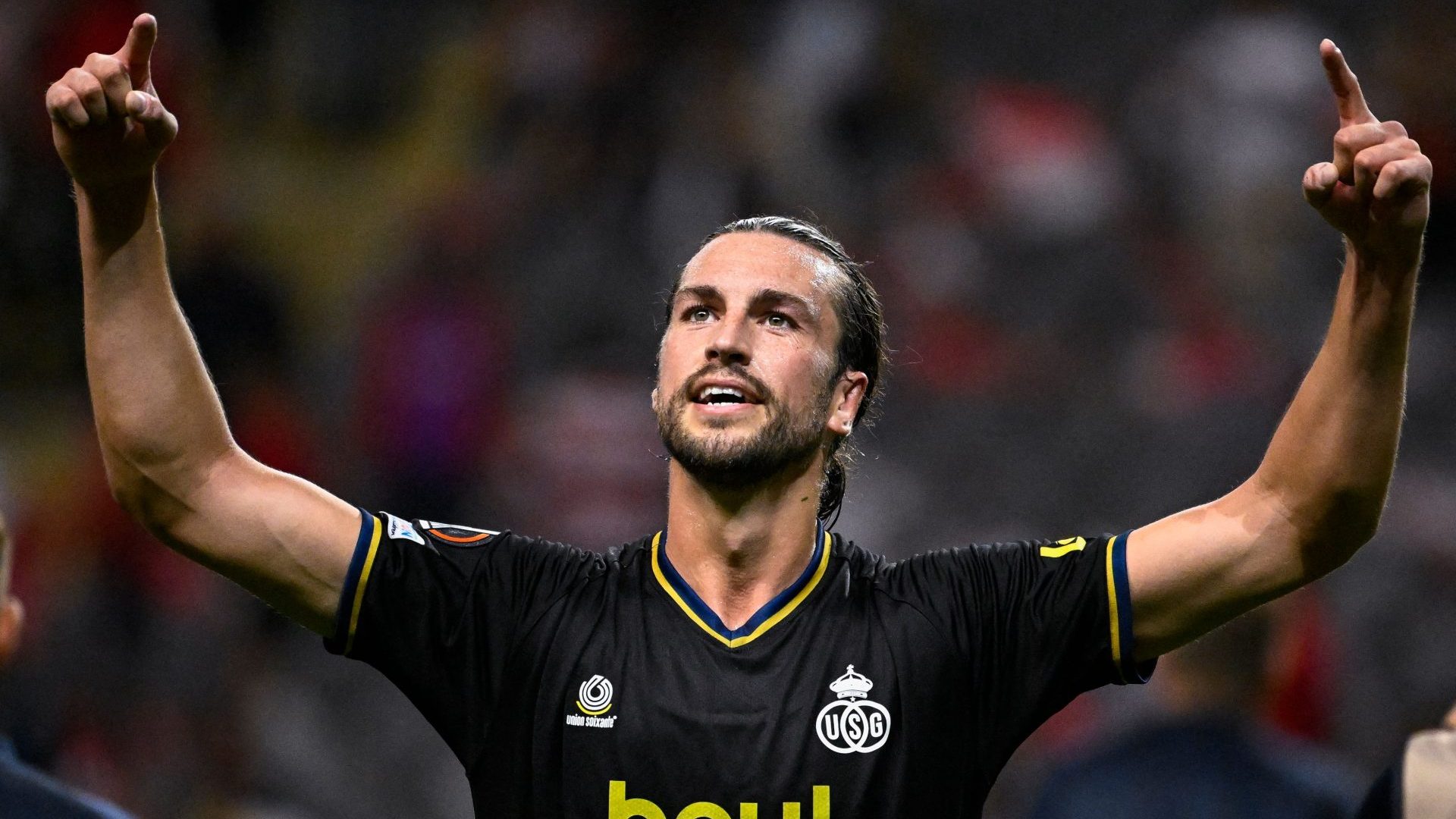Imagine walking into a room to be confronted by Helena Bonham Carter, Meg Ryan, Ashley Judd and Michelle Yeoh. It would be a pretty intimidating
prospect. Now imagine that these four world-famous, movie-star actresses were somehow combined into one person.
This is what Claudia Razzi is to Italians. If you have seen the X Men films, she is Mystique, as played by Rebecca Romjin. Also Meg Ryan in Kate and Leopold – that’s Claudia Razzi too. Pretty much every role played by Helena Bonham Carter in her cinematic career, yup, that’s Razzi. More recently she was Evelyn, as played by Michelle Yeoh, in the Oscar-nominated movie Everything Everywhere All at Once.
Razzi is a variety of star almost completely unknown in the English-speaking world – a movie-dubbing voice actor. When Italians go to the movies, it’s not Michelle Yeoh’s voice they hear, or Helena Bonham Carter’s, but Razzi’s. The sound of her voice emerging from Italian cinema screens over the years, in some of the biggest Hollywood films, has made Claudia Razzi a star in her own right.
“For me doing this job is not really a job at all,” she says, sitting perched sideways on a sofa at the Italian Dubbing Studios in Padova, where she
had just given a masterclass. “It’s a complete passion and a way of life for
me. I would pay to do it.
“It opens up the world a bit more to us,” Razzi says. “We Italians don’t like
using subtitles because when you use subtitles you lose a bit of the meaning
behind the film.” Razzi is now 60, and her experience spans almost five decades. She started aged 14, going into work with her father Claudio Razzi. Young Claudia got her first big break voicing the role of Blousey Brown, played by Jodie Foster, in Alan Parker’s 1976 Bugsy Malone.
“My father worked in audio productions. The Italian director for Bugsy Malone was there doing castings and he spotted me,” she recalls. “He quickly did a voice test on me and later that night at dinner my father told me the director had told him that he thought I was the best fit for the role.”
Her father had wanted her to study instead, but within minutes she sprinted to the telephone to tell the director she could do it.
“And that’s when I knew I’d be in this industry forever,” she says in her raspy, Roman-native accent. “Because it’s research into the human soul. It’s not your feelings, like in acting, but someone else’s. I have to deconstruct Claudia and rebuild her as the actress I’m dubbing.”
Only 10 minutes earlier, Razzi had been telling 20 future dubbers to “scrunch their faces up” if the character they were dubbing was crying, as the best way to get the right tone of voice.
“You must enter the film and you have to be extremely empathetic,” she says. “I had an experience once where I actually cried as the character’s
mother had recently died, as my own mother had. You have to feel these
people. That’s the art of dubbing.”
The first feature film in which actors actually spoke was The Jazz Singer, which came out in 1927. The dubbing industry emerged almost immediately afterwards, but in Italy, the development of dubbing was motivated by political as well as cultural changes. During Mussolini’s reign, all foreign-language films were dubbed into Italian, to fit with the new atmosphere of nationalistic fervour. That process also made censorship much easier, as it meant that any ideologically unsound dialogue could simply be rewritten
and overdubbed on the spot.
Dubbing has become so central to the Italian movie industry that it has now swelled into a multi-million-euro business. In 2018 alone, 570,000 minutes of footage were dubbed into Italian and as a result, Italy’s voiceover actors are major celebrities. From an anglophone perspective, the only possible comparison is with the voice actors behind The Simpsons. Homer’s voice is
almost inseparable from the character himself, and the actor who plays him, Dan Castellaneta, (as his name suggests, he is of Italian descent) is a huge star.
For Italian moviegoers, there is a strange merging of the dubber and the actor they portray, so that when the voice artist dies the mourning is on a scale comparable to that of a major movie star. A case in point was the late Renato Cecchetto, who played Shrek and appeared in almost all of Pixar’s movies, including Toy Story, as well as live action movies including Ocean’s 12 and The Hangover. When he passed away last year, aged 70, his death made headlines in both La Repubblica and Corriere della Sera.
This being the movie industry, there are – inevitably – awards ceremonies and every year the Gran Premio del Doppiaggio, “Grand Dubbing Awards”, are held to honour the best in the business. The ceremony is so prestigious that Italy’s Minister of Culture is an attendee.
The most coveted gong of them all is the Ferruccio Amendola award, named after the great Italian voice actor who dubbed, among others, Al Pacino, Robert De Niro, Dustin Hoffman and Sly Stallone. Razzi took the prize in 2011 for her services to the industry. The 14th ceremony will be held in Rome later this year.
But the successful dubbing of foreign films into Italian has had consequences for the country’s own movie business. Italian-made films are becoming less and less popular. When the box-office receipts for the Top Ten European films of 2022 were released, there was not a single Italian film on the list.
There are various reasons behind the popularity of dubbing, but none so glaringly obvious as the country’s lack of English. According to Education First’s English Proficiency Index, Italy’s level is third to last in the European Union, skipping slightly ahead of France and Spain.
In addition to the language barrier, the rise of the streaming platforms, such as Amazon Prime and Netflix, has further boosted demand for their services. Netflix’s investment in the dubbing industry has an average annual growth rate between 25% and 35%, according to The Hollywood Reporter.
There are seven dubbing studios in Italy. Paola Masciadri is the owner of the Italian Dubbing Studio in Padova. While she, like Claudia, believes that Netflix and the language barrier have helped keep dubbing alive, there is
one tiny threat on the horizon: artificial intelligence.
“I’ve heard some really human-like voiceovers created with AI,” she says. “However, I don’t think it will ever fully replace humans, especially in this art form, as it requires too much emotion”.
The thought had not even crossed Razzi’s mind. “We are a tight-knit community,” Claudia says. “My daughter is a dubber and so is my ex-husband. We tend to stick together because we know how much hard
work and effort goes into it… We’ll always be in demand.”




